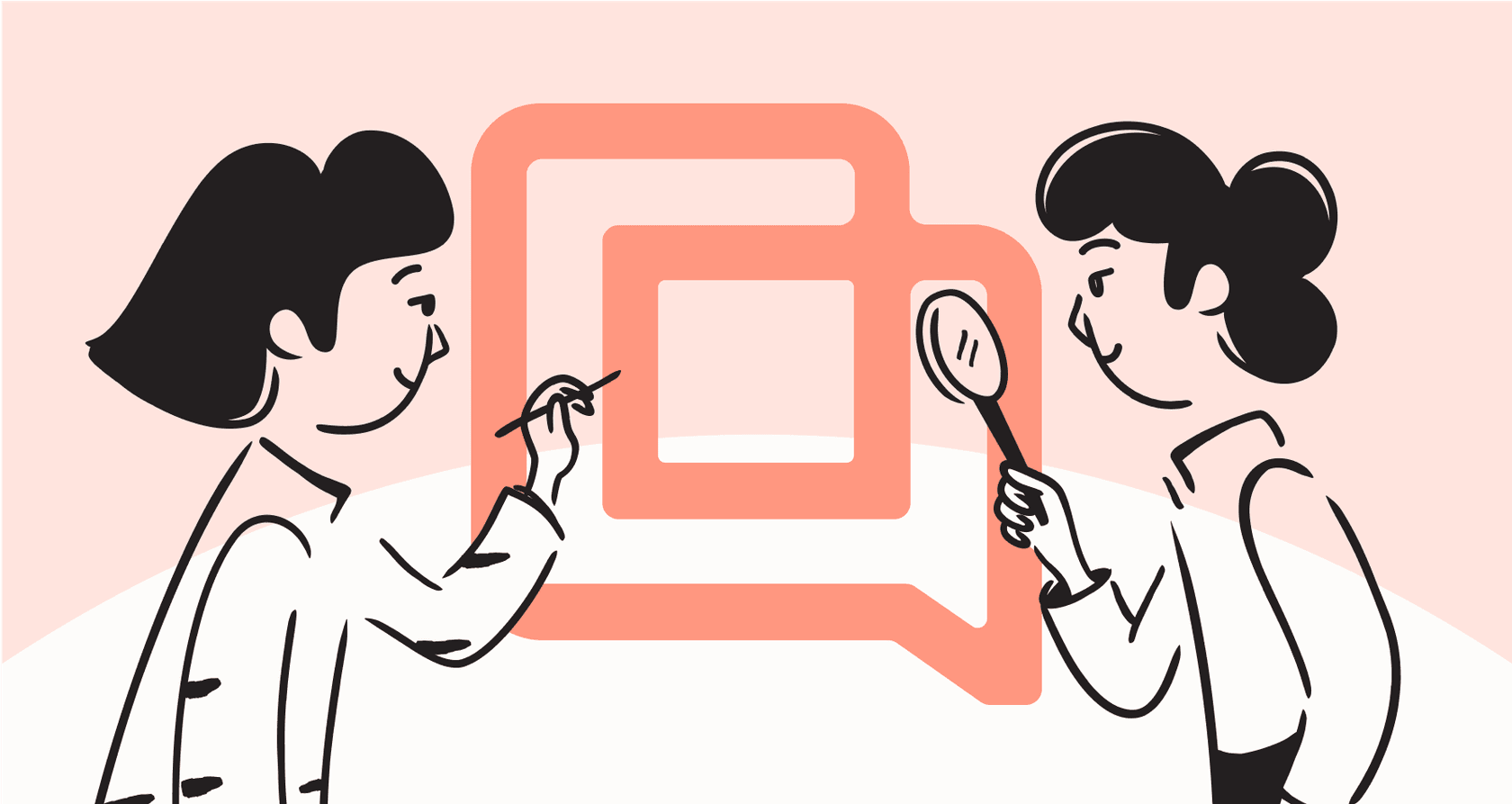A complete guide to Gorgias AI Agent 2.0: What changed in 2026

Stevia Putri

Katelin Teen
Last edited January 16, 2026
Expert Verified
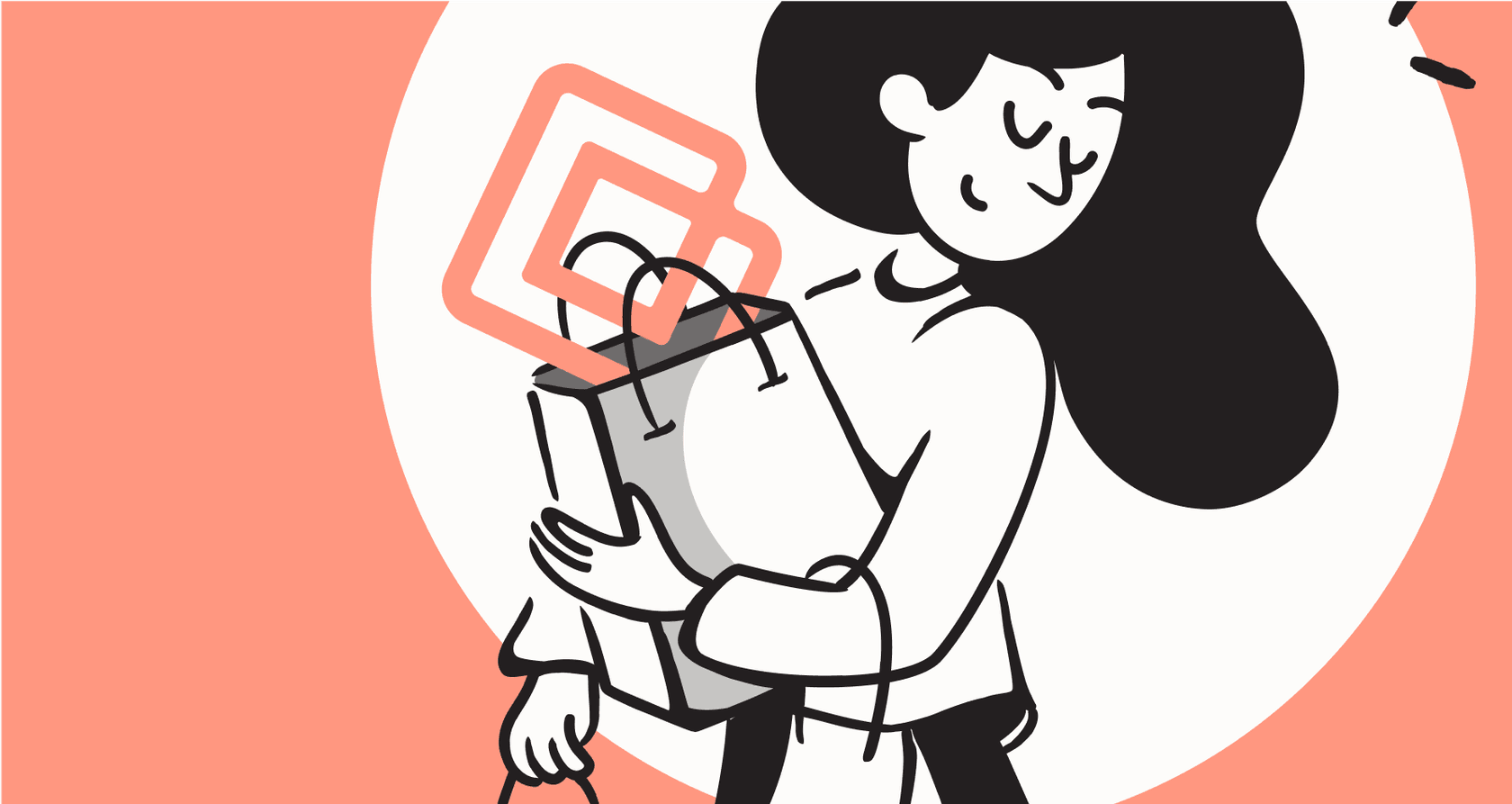
If you run an e-commerce brand, you’ve probably come across Gorgias. It’s a huge name in the customer support helpdesk space, especially for stores running on Shopify. There’s been a lot of chatter recently about their 2026 updates and the launch of AI Agent 2.0, which they’re positioning as a tool that provides significant value beyond standard ticketing.
But what’s really going on under the hood? This guide will give you the straight scoop on the Gorgias AI Agent 2.0. We'll cover what changed in 2026, what the new features actually mean for your business, and how to get the most out of them. These new sales features offer incredible potential, and it's also helpful to see how they integrate with other flexible AI solutions.
An overview of Gorgias AI Agent 2.0
Gorgias AI Agent 2.0 is the next evolution of their automation tool, and it really shows a big pivot in their strategy. Instead of just focusing on efficiently handling common support questions like "Where's my order?", the new agent is built to drive growth and revenue. The goal is to shift your support chat from a cost center to a sales channel that actively brings in revenue.
The main difference is the new Shopping Assistant, proactive chat, and smarter, intent-based discounts. The idea is to engage customers before they even have a problem, guide them to products they’ll love, and give them a little nudge to complete their purchase.
Like a lot of AI agents out there, it learns from your brand’s knowledge - things like your help center, product catalog, and internal guides - so its responses sound like they’re coming from your team. But make no mistake, its main job has evolved to help you drive more sales alongside solving problems.
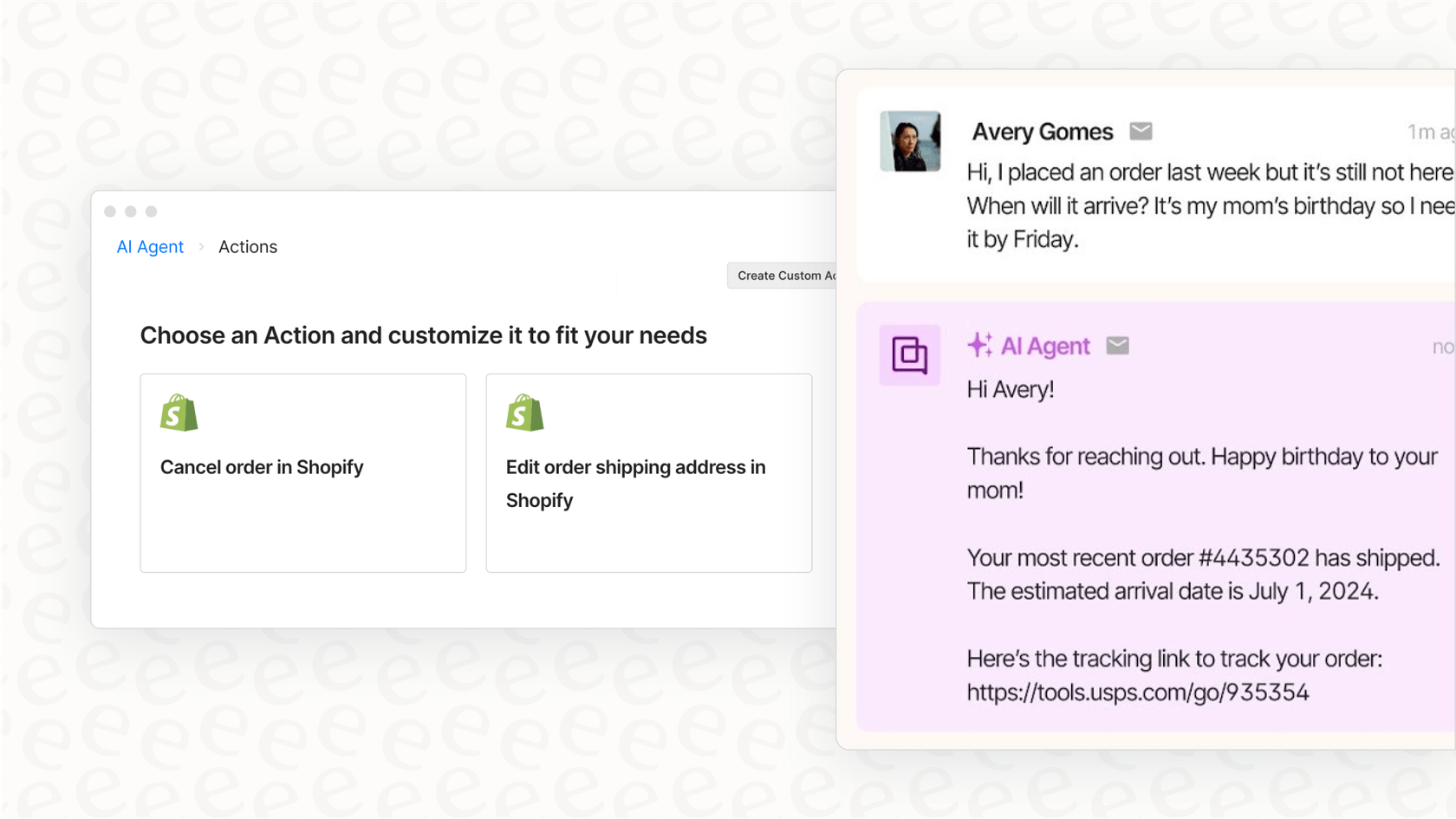
Gorgias AI Agent 2.0: What's new in 2026
The 2026 updates from Gorgias are all about nailing the pre-purchase customer journey. The AI is no longer just sitting back and waiting for questions. It’s now an active player in the sales process, with new tricks up its sleeve to turn casual browsers into happy customers. Let’s break down exactly what’s new.
Proactive engagement and the new shopping assistant
One of the biggest changes is that the AI agent doesn't just wait for a customer to ask for help. It now jumps into the conversation at key moments, like when someone lands on your homepage, browses a specific product, or starts typing in the search bar. This is all meant to help your conversion rates by offering help before a potential customer feels the need to click away.
This is all handled by the new "Shopping Assistant" feature. Think of it as a virtual sales associate who’s always on the clock, ready to help visitors out. It can ask clarifying questions to figure out what a shopper is looking for and then help them find it in your product catalog, all within the chat widget. It's a clear push to make the support tool feel more like a personal shopping experience.
Hyper-personalized product recommendations
To make that Shopping Assistant actually helpful, Gorgias AI Agent 2.0 goes deep on personalization. The AI looks at what a customer is doing in real-time, like which pages they've clicked on, what's already in their cart, and what they’ve bought before, to offer product suggestions that actually make sense.
So, it isn't just spitting out your best-sellers to everyone. It's built to understand the context, suggesting items that complement what the shopper is looking at, product bundles, or even relevant upsells. These recommendations show up as "product cards" right in the chat, so a customer can add an item to their cart with a single click without ever leaving the page. This kind of real-time personalization is quickly becoming table stakes in e-commerce, and it's a huge part of the 2026 update.
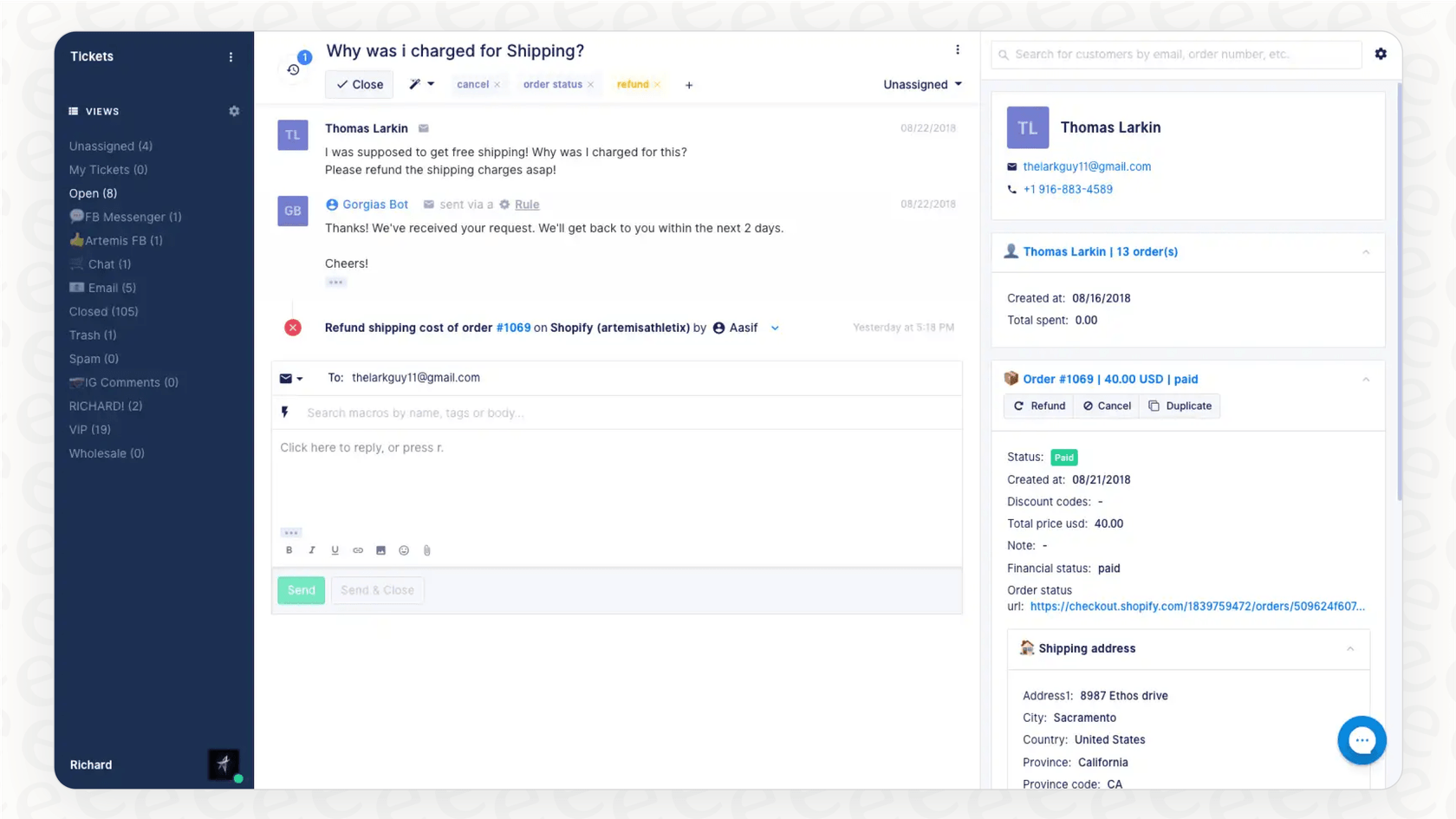
Intent-based discounting and sales focus
The last piece of the sales puzzle is a much smarter way to handle discounts. Gorgias's AI now uses what they call "intent-based discounting." It reads the conversation and watches the shopper's behavior to figure out if a discount is the right incentive to make the sale happen.
If someone seems interested but a little hesitant, the AI can offer a timely coupon to seal the deal. But if they're already confidently heading to checkout, it keeps the discount in its pocket. This feature really drives home the platform's new direction: everything in AI Agent 2.0 is designed to increase conversions and average order value.
Key considerations of Gorgias AI Agent 2.0
While the new sales-focused features are impressive, they are designed to work best within the specific Gorgias ecosystem. For businesses that need to scale while staying integrated, it's important to understand how this platform operates.
A unified ecosystem built for the Gorgias platform
One factor to keep in mind is that Gorgias's AI is perfectly optimized for the Gorgias helpdesk. To get the most out of their powerful AI, it's best to use their entire platform. This ensures a seamless flow between your human agents and your AI. If you're currently using other tools, moving to Gorgias can be a great way to consolidate your operations into a single, reliable hub.
This unified approach is a great way to streamline your stack. However, for those who prefer a different philosophy, a tool like eesel AI can act as an intelligent layer that plugs into your current setup. With a one-click Gorgias integration (or any other helpdesk), you can add powerful AI to your current system quickly, allowing you to maintain your existing workflows.
Streamlined automation for ease of use
Gorgias focuses on making automation easy to roll out by providing clear topic-based controls. Gorgias's approach prioritizes ease of use, ensuring that you can get up and running quickly without getting bogged down in technical complexity.
If you are looking for additional ways to refine your automation, eesel AI offers a complementary experience. With its workflow engine, you can set up precise rules to automate only the tickets you're 100% comfortable with. Furthermore, eesel AI has a powerful simulation mode that lets you test your AI on thousands of your past tickets, giving you a clear picture of its performance before it ever talks to a live customer.
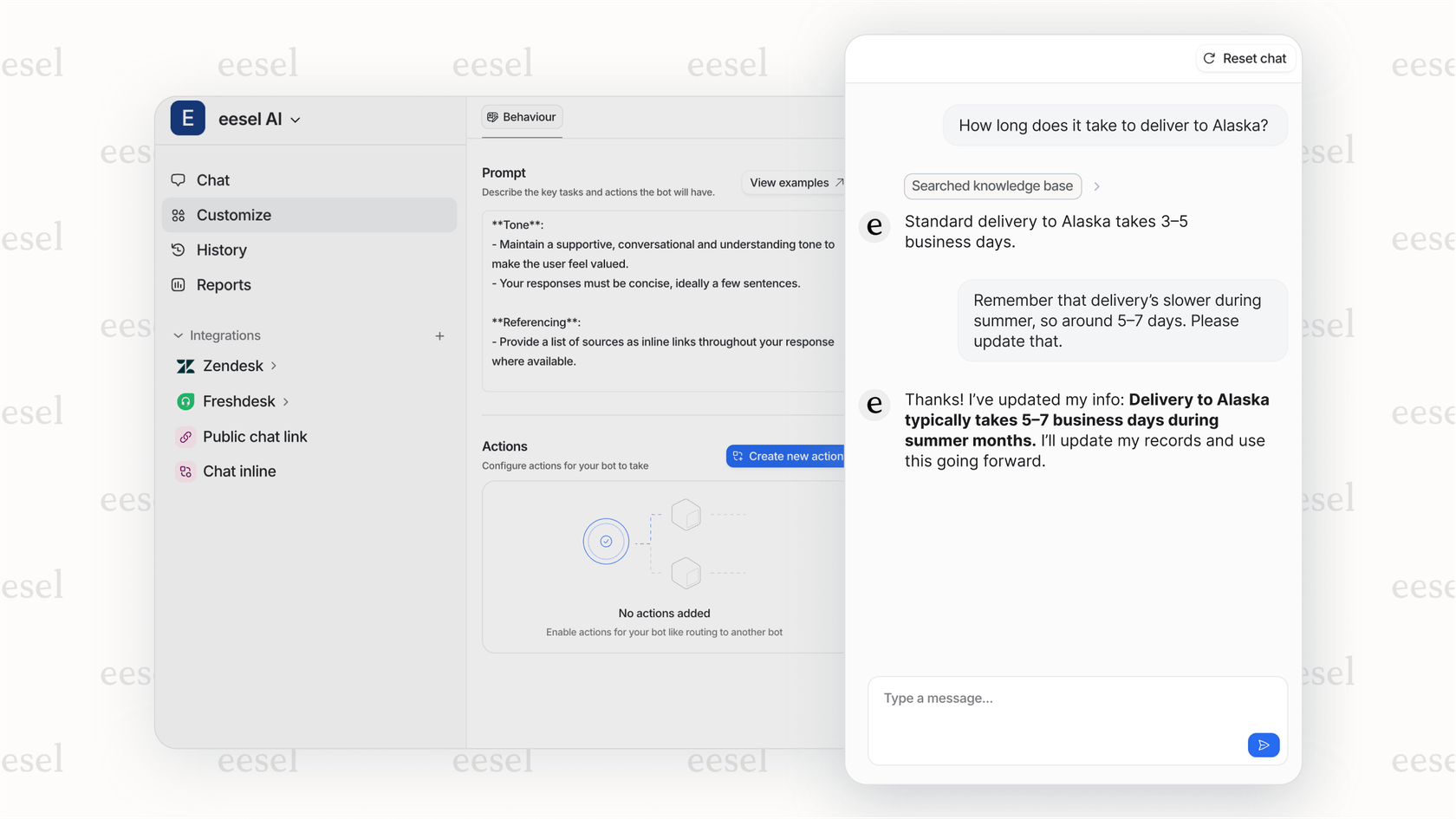
E-commerce-centric knowledge integration
The Gorgias AI is expertly trained on e-commerce data sources like your Shopify product catalog and your public help articles. This makes it incredibly effective for retail brands.
At the same time, companies often have information in other places, like internal wikis in Confluence or policy docs in Google Docs. While Gorgias is focused on your storefront, eesel AI is built to connect to all your knowledge sources right away. It can learn from your past ticket history to match your brand voice and even suggest new knowledge base articles. This ensures your AI is always working with the most complete information available across your entire company.
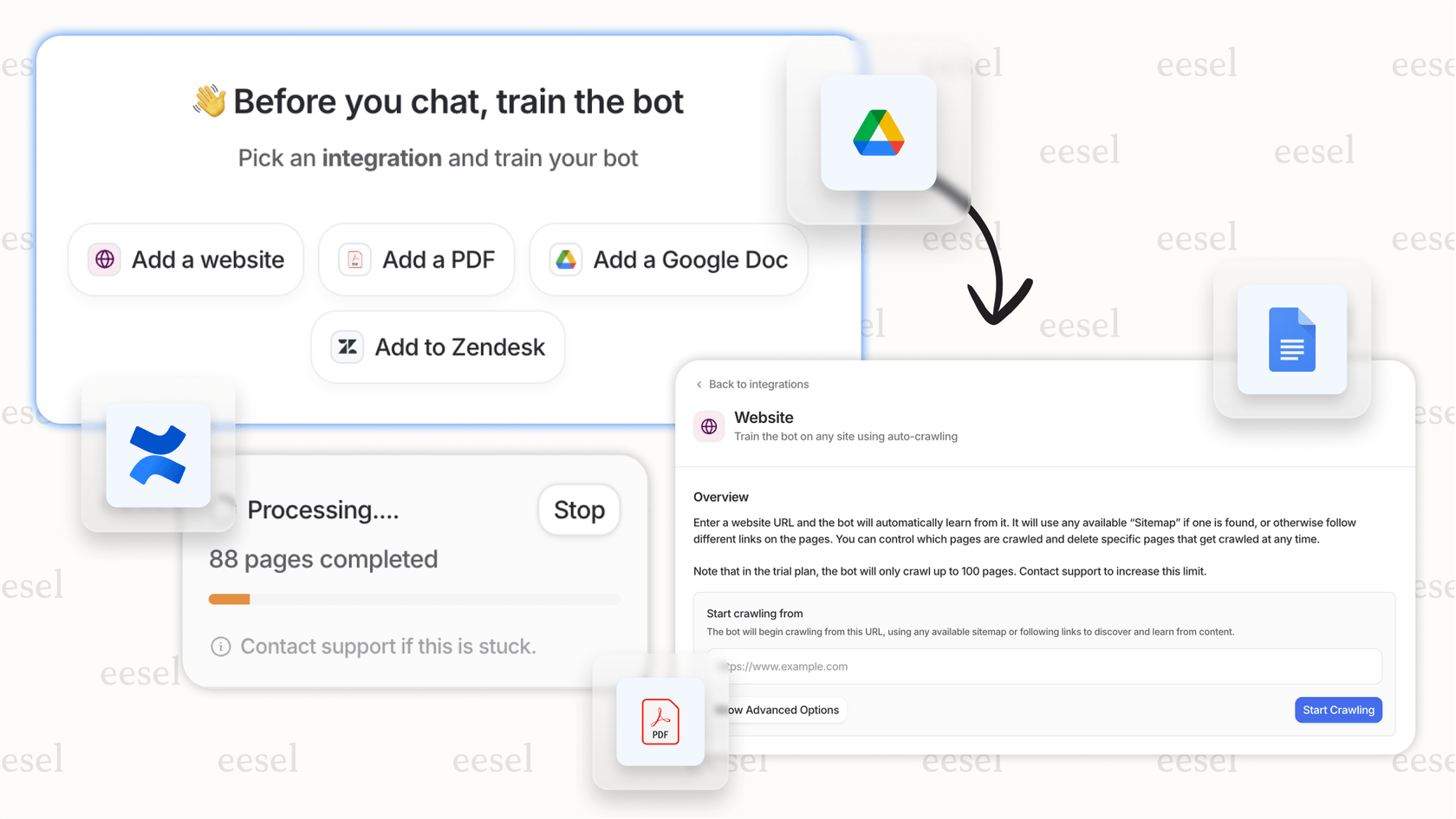
Gorgias AI Agent 2.0: Pricing explained
Gorgias offers a pricing model that reflects the high value it brings to e-commerce operations. The platform uses a performance-based ticket system, which allows brands to pay according to their scale.
Each plan gives you a certain number of tickets per month. Here’s a look at their standard plans:
| Plan | Monthly price (billed monthly) | Included tickets |
|---|---|---|
| Starter | $10 | 50 |
| Basic | $60 | 300 |
| Pro | $360 | 2,000 |
| Advanced | $900 | 5,000 |
For AI features, Gorgias charges for successful automated resolutions (around $1.00 per resolution). These automated resolutions also count toward your plan's ticket limit, as they represent a complete interaction handled by the platform.
For teams looking for different pricing structures, eesel AI's pricing offers an alternative with no per-resolution fees. You pay a simple flat rate based on the features you need, which can make budgeting easier as your volume grows.
The alternative: An AI layer for your existing tools
The unified experience of a platform like Gorgias is impressive, but some brands prefer using a flexible AI layer to make their current tools even smarter. Instead of migrating your whole stack, you can bring in a specialized AI solution like eesel AI to work alongside your helpdesk.
This approach offers several benefits:
-
Fast implementation: There's no need for a massive overhaul. You can connect your helpdesk with a click and have a powerful AI agent ready to go almost immediately.
-
Risk-free testing: Use eesel AI's simulation mode to test it on your real historical data and use selective automation to roll out new workflows with confidence.
-
Unify all your knowledge: Connect your helpdesk, internal wikis, Google Docs, and more to give your AI a single, complete source of truth.
-
Predictable pricing: eesel AI offers simple, flat-rate plans that keep your costs steady, even when your ticket volume spikes during busy seasons.
Using an AI layer approach allows you to keep the helpdesk your team already knows while adding best-in-class AI capabilities to make them even better.
Final thoughts on Gorgias AI Agent 2.0
When you ask 'Gorgias AI Agent 2.0 what changed in 2026,' the answer is that it has successfully evolved into a serious sales tool for e-commerce brands. The proactive chat and personalized recommendations are genuinely useful features for any store trying to lift its conversion rate and provide a better experience.
The platform is a mature, reliable leader in the space, and its 2026 updates show a commitment to helping brands thrive. While the unified ecosystem and specific pricing structure are important factors to consider, they are part of a very capable and trusted solution.
For brands that want a highly adaptable solution that complements their current setup, an AI layer can also be a great move. This way, you keep what’s working and add the intelligence you need to give your customers a truly great experience.
Ready for an AI agent that gives you total control without forcing you to switch helpdesks? Try eesel AI for free and see how you can be up and running in minutes.
Frequently asked questions
Gorgias AI Agent 2.0 represents a significant evolution from a traditional support tool to a powerful sales-focused channel. Its primary goal is to turn customer interactions into revenue opportunities by engaging shoppers proactively and intelligently.
The key sales features include the Shopping Assistant for proactive engagement, hyper-personalized product recommendations based on real-time behavior, and intent-based discounting. These aim to guide customers through their purchase journey and increase conversions.
Key considerations include its specialized ecosystem, which is optimized specifically for the Gorgias helpdesk to ensure a seamless experience. It primarily focuses on e-commerce knowledge sources to provide highly relevant shopping assistance.
Gorgias uses a performance-based ticket system that scales with your volume. For AI-resolved tickets, there is a dedicated fee (around $1.00) which reflects the value of a fully automated resolution that counts toward your plan's ticket limit.
Gorgias AI Agent 2.0 is built to be a unified part of the Gorgias ecosystem. To get the full benefits of its AI features, businesses are encouraged to utilize the Gorgias helpdesk platform for a fully integrated support and sales operation.
The AI primarily learns from e-commerce specific data like your product catalog, public help center articles, and internal guides. This ensures that the agent provides highly accurate answers related to products and customer orders.
Share this post

Article by
Stevia Putri
Stevia Putri is a marketing generalist at eesel AI, where she helps turn powerful AI tools into stories that resonate. She’s driven by curiosity, clarity, and the human side of technology.


